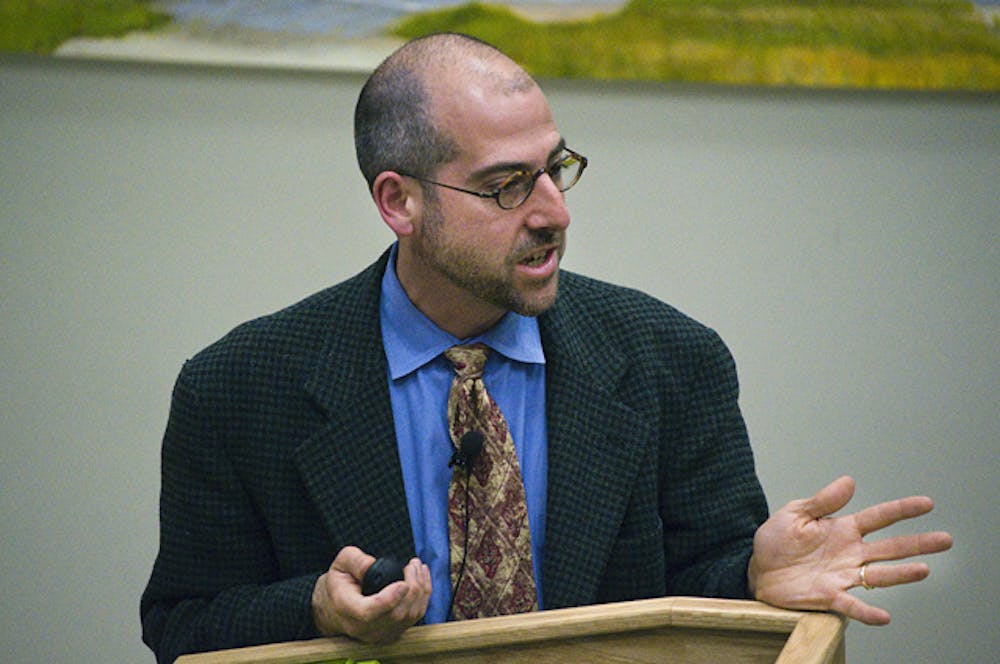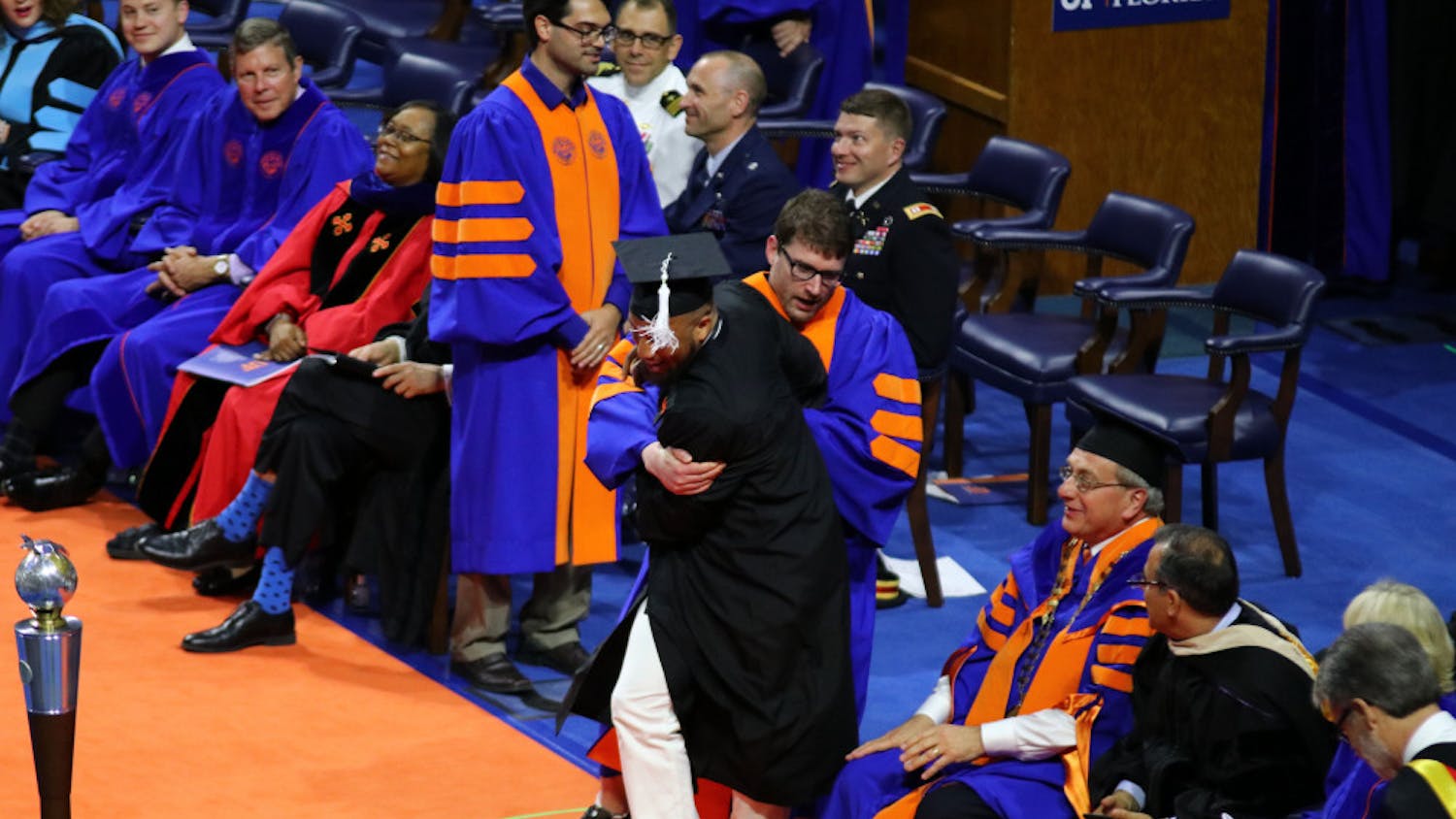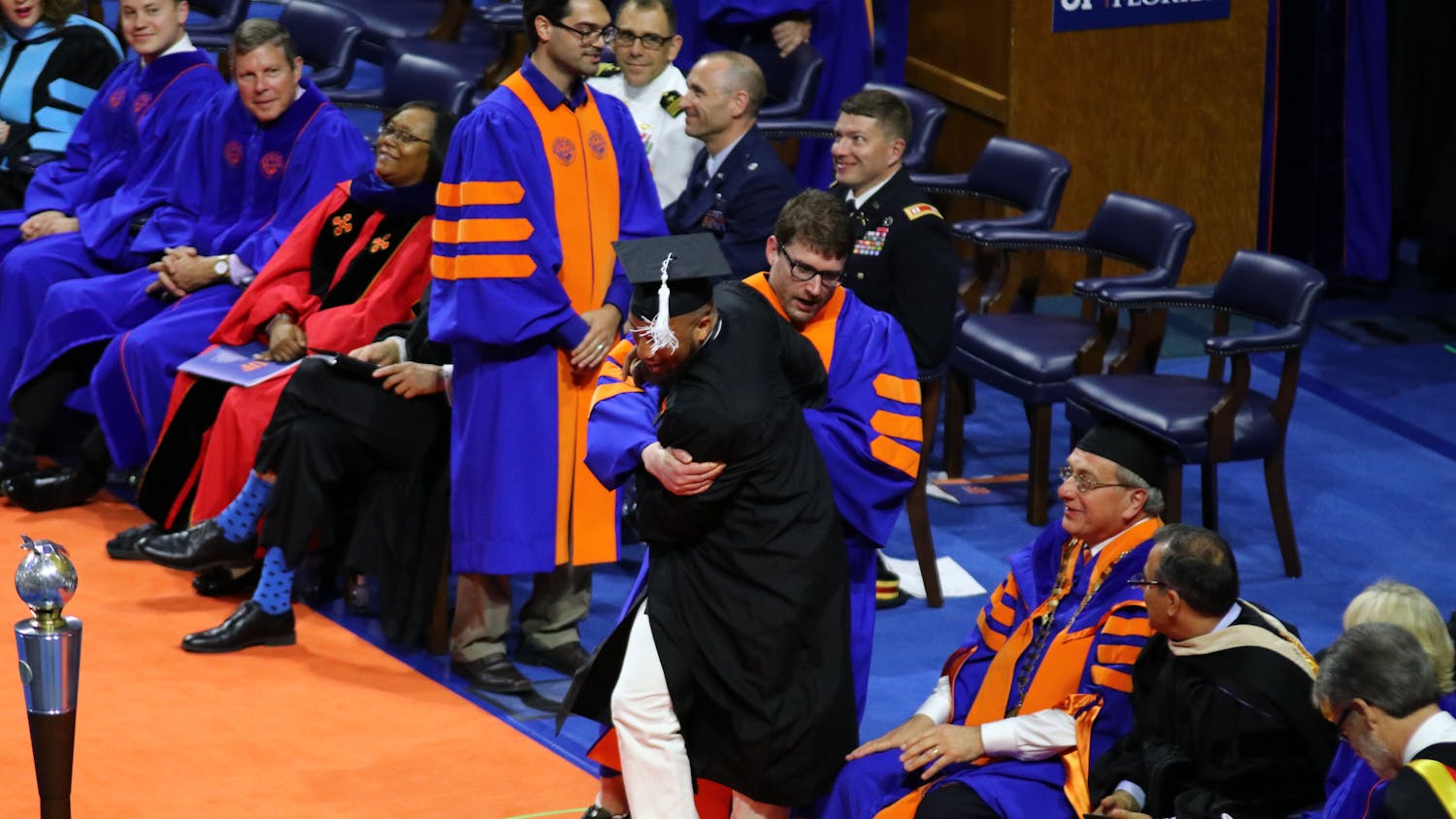Scientists will never have spidey senses.
Simon Cole, a professor of Criminology, Law and Society at the University of California, Irvine, said new technologies, such as DNA analysis, offer false hope that crimes can be stopped before they happen.
Cole spoke about criminal identification technologies to an audience of about 100 at Pugh Hall Wednesday night.
“People now want to predict crime with a ‘crime gene,’” he said.
However, he warned the audience that using technology to catch criminals before they commit a crime is something that only happens in fiction.
He said movies such as Tom Cruise’s futuristic thriller “Minority Report,” in which police watch crimes occur before they happen, help to promote the idea that crime prevention is possible.
This idea has been around for nearly as long as crime has been around, he said.
In the last 10 years, he said, people have turned to DNA analysis to find characteristics that would indicate whether certain people are more prone to commit crimes than others.
However, he advised the people in the audience not to get their hopes up about the discovery of a crime gene or any technology that would identify future criminals.
“It’s never worked in the past,” he said.
At different times in the last 120 years, scientists believed that eugenics analysis, racial characteristics and fingerprinting would also help to catch criminals before they acted, he said. None of these methods worked to prevent crime, and many attempts led to gross civil rights violations, Cole said.
“I hope I’ve conveyed a healthy skepticism,” Cole said, adding that technology is not infallible.
Oscar Molina, a sophomore psychology and criminology major, said he was impressed with the lecture.
“What I learned was that the field of criminal identification is evolving,” Molina said. “We had fingerprints at one time. Now we have DNA. What will we have in the future?”
The Center for the Humanities and the Public Sphere sponsored the lecture. It was the first speech of the Caleb and Michele Grimes Conference on Liberal Arts and Public Affairs.
Bonnie Effros, director of the Center of the Humanities and the Public Sphere at UF, said four more lectures about criminal identification will be given in coming months.






